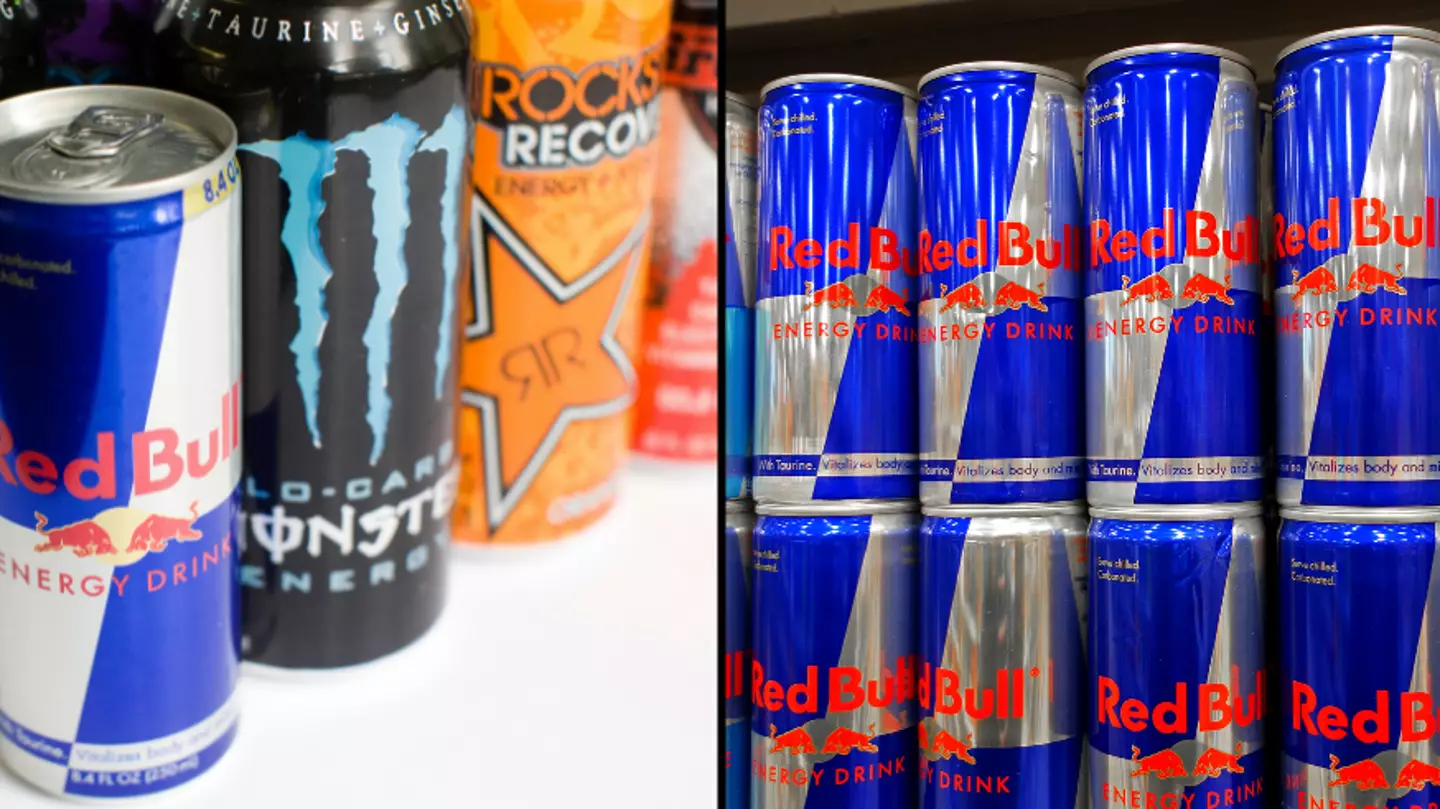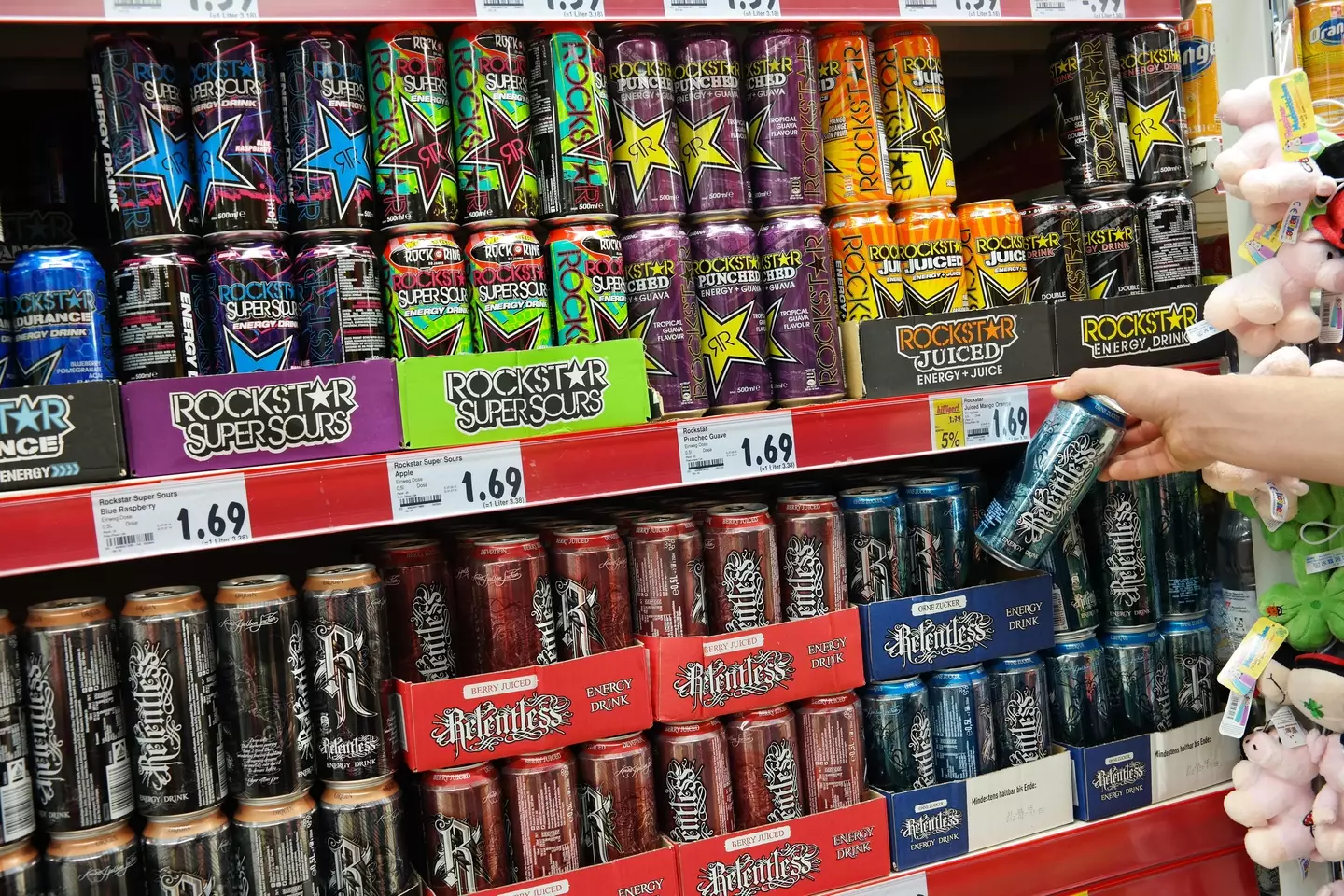
Scientists have revealed just how dangerous energy drinks can be, and can cause sudden cardiac arrest in some cases.
While we all probably assumed that the large amounts of caffeine contained in these drinks probably weren’t great for our health, a study has now explored how another common ingredient could be hazardous.
Guarana, a plant containing caffeine, is commonly used in energy drinks and can often lead to unexpected reactions when combined with other ingredients.
In the case of energy drinks, guarana is often combined with ginseng or taurin to improve flavouring.
Advert

A study published in the Anatolian Journal of Cardiology in 2017 explained the risk of sudden cardiac events in young people after consuming such drinks.
They wrote: “It seems clear that energy drinks, some beverages, and some supplements that include stimulants might lead to critical and rarely irreversible cardiovascular events in the young population.”
The risk also increases when the drinks are mixed with alcohol - so maybe lay off those voddy Redbulls at the weekend.
The scientists wrote that such drinks can 'lead to catastrophic events via lethal arrhythmias', with heart attacks often occurring without warning.
Advert
Arrhythmias is a condition that is caused by faulty signalling that coordinates our heartbeat resulting in the heart beating irregularly, and in severe cases can cause rapid, chaotic signals to the heart's lower chambers.
A 2021 Australian study, published in the Nutrition Journal, surveyed 8942 students aged from 12 to 17 years old.
Of the sample, they found that eight per cent of students reported drinking energy drinks at least once a week, while one in four students had consumed energy drinks at least once.
While a study of a 21-year-old UK man was published in BMJ Case Reports in 2021, who had unexpectedly been experiencing kidney failure.
The report stated: “There was no significant past medical history and family history was not suspicious for cardiomyopathy or sudden cardiac death.”
However, the man had explained he had been drinking four 500 mL energy drinks a day for approximately two years - with each drink containing 160mg of caffeine.
Advert
The study theorised: “Given the history of chronic energy drink consumption, lack of significant past medical or family history, cardiac imaging findings and improvement with ceasing intake, energy drink-induced cardiotoxicity was felt to be the most likely cause.”
So, looks like that energy kick may just not be worth it in the end.
Topics: Food And Drink, Health